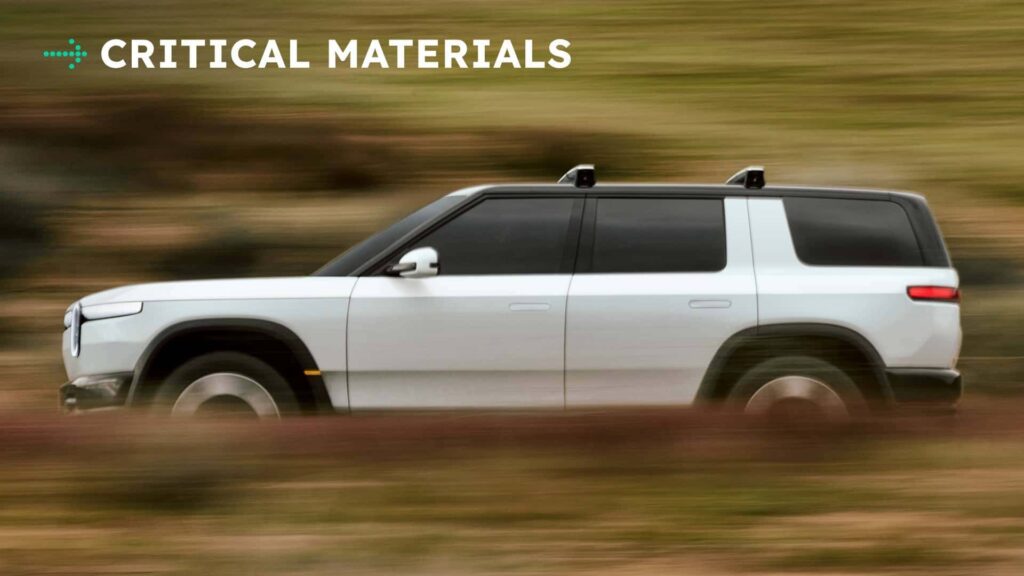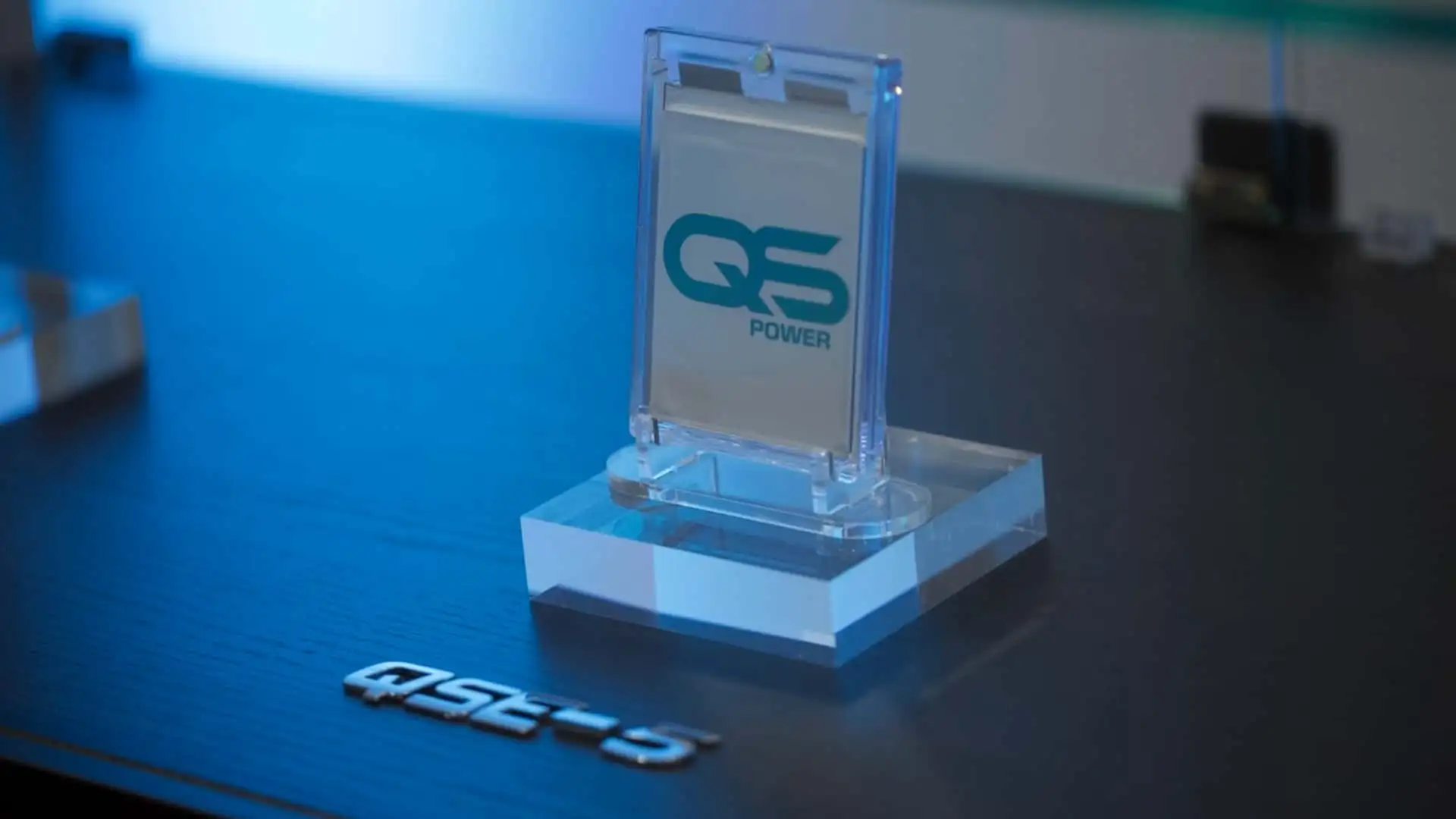
The electric vehicle (EV) market is undergoing significant upheaval as the expiration of the $7,500 federal tax credit looms. This change, effective September 30, 2023, poses a substantial challenge for newer companies like Rivian, Lucid, and Slate Auto, which have relied on this incentive to attract buyers. Without this financial support, these startups must now compete against established automakers with deeper pockets and more extensive resources.
The impending loss of the tax credit is expected to affect around 320,000 potential EV buyers, creating a significant gap in the market. This situation forces startups to reassess their pricing strategies and sales forecasts. Slate Auto, for instance, originally aimed to offer an ultra-affordable EV pickup for under $20,000, a price point heavily dependent on the tax credit. With its elimination, Slate now anticipates costs rising to the mid-$20,000s, which may deter budget-conscious consumers.
Rivian and Lucid are also feeling the pressure. Rivian forecasts a sales decline between 11% and 23% for the year, despite having sold 51,579 vehicles last year. Lucid, on the other hand, plans to double its production, but many of its models will not qualify for the tax credit anyway. As Karl Brauer, an executive analyst with iSeeCars, points out, the repeal of the tax incentive could lead to the overall EV market dropping from 8% to around 4% or 5%.
Hyundai and Kia Shift Focus to European Markets
As American automakers grapple with the fallout from the diminishing federal support, companies like Hyundai and Kia are pivoting towards Europe. These brands have invested significantly in EV technology and production, but with the U.S. tax incentive on the verge of disappearance, they are now prioritizing the European market, where demand for eco-friendly vehicles remains strong.
According to the Korea Times, Hyundai and Kia’s shift reflects a strategic response to changing market dynamics. With robust charging infrastructure and supportive policies, Europe presents a more favorable environment for EV sales. An industry official noted the need for automakers to adapt, stating that “Europe will become a major battlefield for global EV makers” as U.S. policies shift away from incentivizing electric vehicles.
This transition indicates a broader trend: foreign manufacturers are moving away from the U.S. market while focusing on regions that support sustainable transportation. As tariffs and reduced incentives weigh heavily on American buyers, companies like Hyundai and Kia see Europe as a promising opportunity to recover their investments.
Local Residents React to Tesla’s New Diner
In other news, Tesla’s ambitious venture into the restaurant business has sparked frustration among local residents. The company’s new diner in Hollywood, designed with a futuristic flair and equipped with car-hop service, has been met with complaints regarding noise and construction disruptions. Neighbors describe the experience as “absolute hell,” citing excessive honking and traffic congestion as significant issues.
Residents have reported that the construction phase, which began in 2023, was particularly disruptive, with crews working long hours and causing pollution. One former resident, Kristin Rose, voiced her discontent about the situation, stating that the flashing security lights from the diner were intrusive and affected her quality of life.
Despite the mixed reactions, some neighbors appreciate the new diner and the energy it brings to the area. Yet, for those who have seen their views obstructed and their peace disturbed, Tesla’s venture has become a source of contention. With plans for similar diners in major cities worldwide, residents may need to prepare for more of these high-profile establishments in their neighborhoods.
As the landscape of the electric vehicle market continues to shift, the next few months will reveal how companies adapt to new challenges. The expiration of the EV tax credit marks a pivotal moment for startups like Rivian, Lucid, and Slate, while established brands navigate a growing presence in Europe. Meanwhile, the effects of technological advancements and consumer engagement remain front and center in the rapidly evolving automotive industry.







